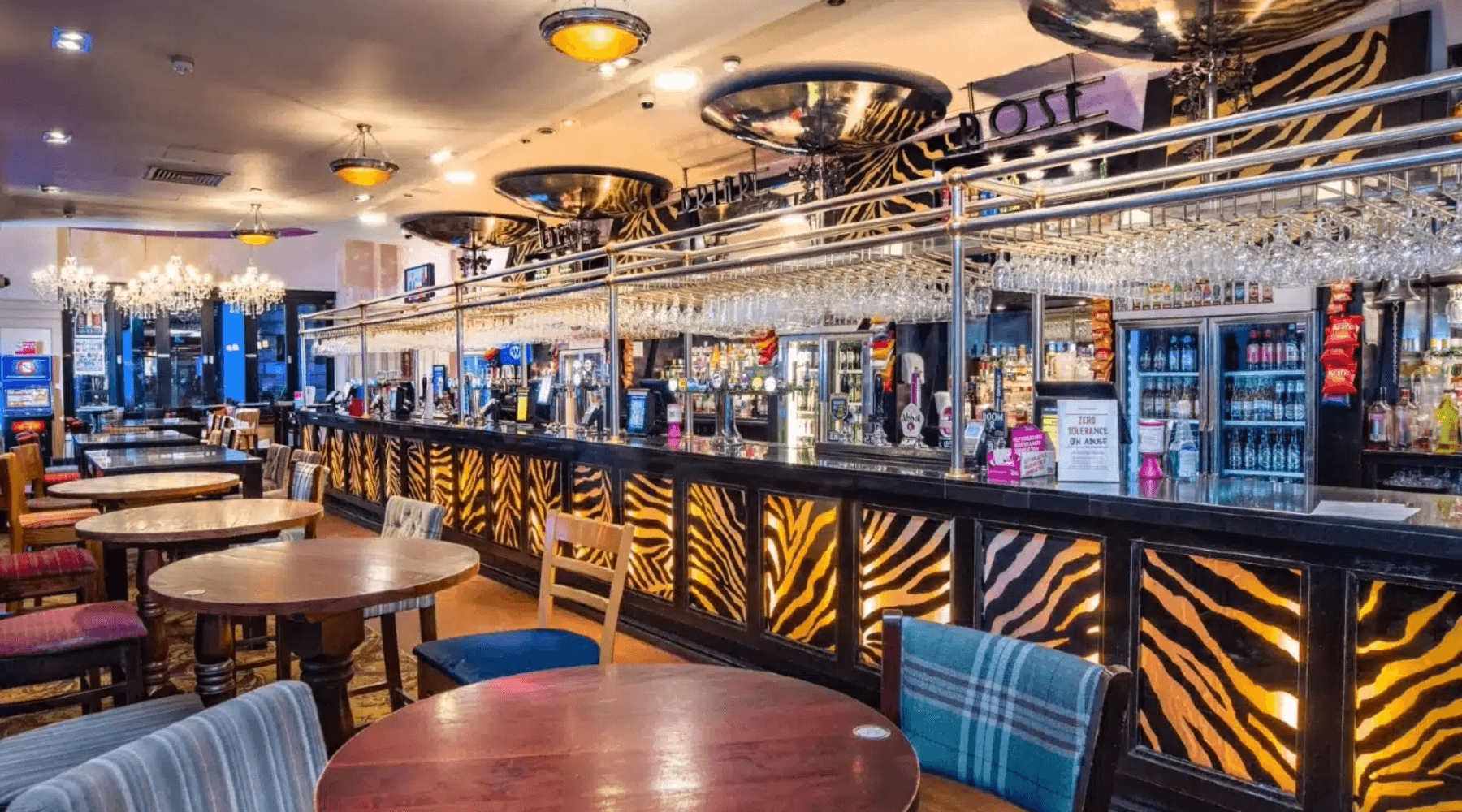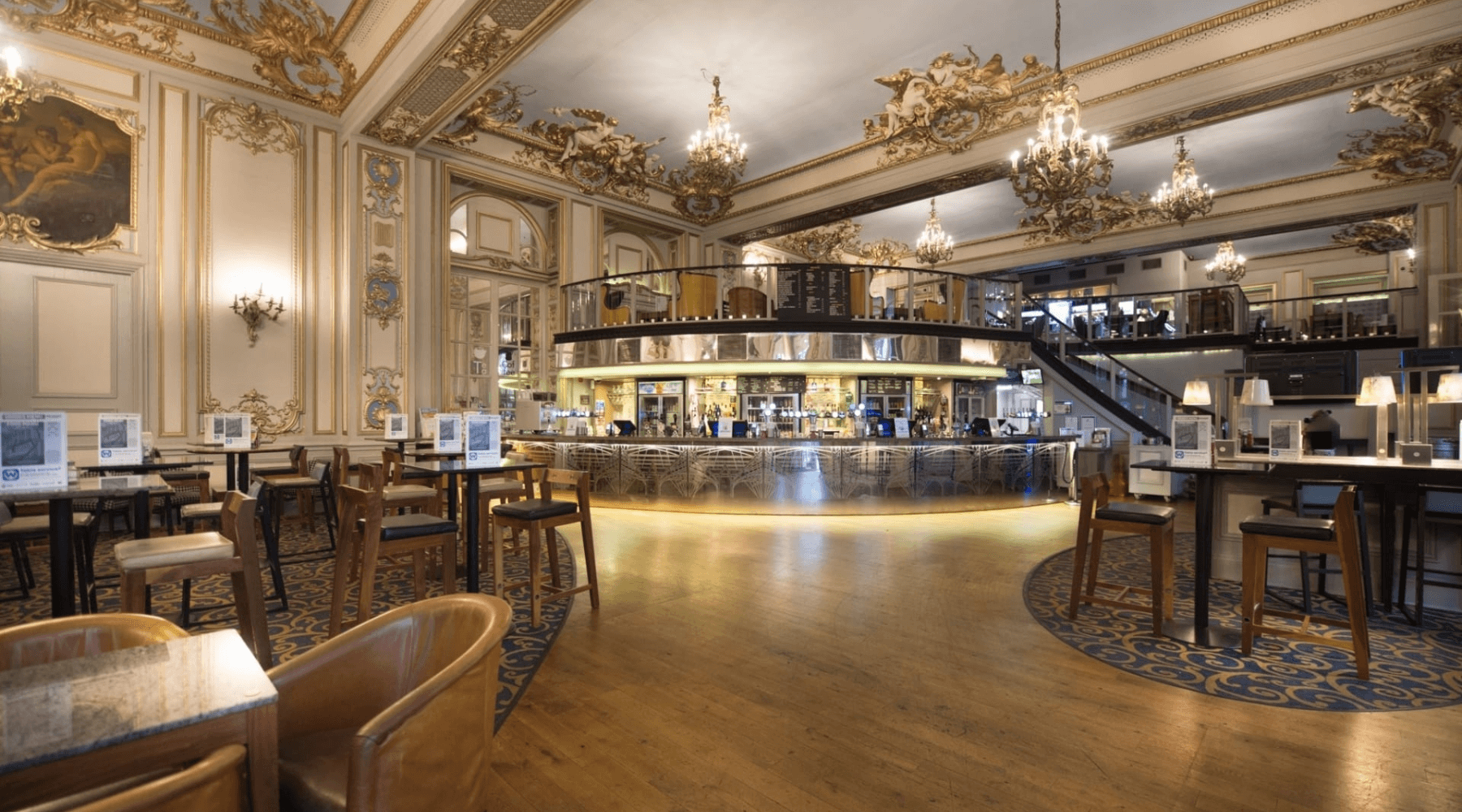Tim Martin Opposes New Drink Size Regulations for Pubs
Posted by Emma on 11th Oct 2024 Reading Time:
JD Wetherspoon Chairman Tim Martin has openly criticised recent proposals to introduce two-thirds pint measures in British pubs, labelling the idea as “slightly daft.” The suggestion, put forward by academics at Cambridge University, recommends that pubs stop serving beer in traditional pint glasses and adopt smaller, two-thirds measures, known as schooners, to reduce alcohol consumption.

Martin has expressed concern that these changes could push more people to drink at home rather than in pubs, harming the struggling pub industry. He highlighted that while two-thirds of measures are commonplace in Australia, there has been no significant reduction in alcohol consumption. Martin stated, “Common sense indicates that reducing glass sizes is unlikely, due to human nature, to reduce alcohol consumption in pubs, and would also have no effect whatsoever on drinks bought in supermarkets, unless container sizes in supermarkets were also, unrealistically, reduced.”
He further criticised the idea, suggesting that it would do little to address the broader issue of alcohol consumption. Instead, Martin believes that such measures would drive more people to purchase alcohol from supermarkets, where prices are typically lower, leading to more unsupervised drinking at home, in parks, or at social gatherings.
The Cambridge University study, which involved a trial in several pubs and restaurants, showed that switching from pint glasses to smaller schooners resulted in a nearly 10% drop in the volume of beer sold. The researchers argued that this could potentially reduce alcohol-related harms and improve public health. However, Martin remains sceptical, pointing out that the pub environment is both highly-priced and supervised, offering a safer setting for alcohol consumption than supermarkets and private spaces.
Martin also dismissed speculation about potential government plans to reduce pub and hospitality opening hours, stating that neither of these proposals “would seem to pass the common-sense test.” Labour ministers have since denied any plans to limit pub trading hours.

Despite these challenges, Wetherspoon has reported a strong financial performance, with pre-tax profits rising by 73.5% to £73.9 million for the year ending in July. This improvement reflects the ongoing recovery of the pub chain, although profits have yet to return to pre-pandemic levels. The company’s revenue also grew by 5.7%, reaching £2.04 billion, driven by a 7.6% increase in like-for-like sales.
However, Wetherspoon’s total number of pubs decreased after the company sold 18 sites and terminated leases on nine more, offset by the opening of two new pubs. The chain now operates 800 pubs but remains committed to expanding to 1,000 locations across the UK. Despite the downsizing, the company gained £8.9 million from pub sales. However, it recorded an exceptional loss of £13.4 million related to these disposals.
As Wetherspoon looks to the future, the company is focusing on growth. It plans to expand around 50 of its largest pubs, adding more space and accommodation to create ‘Super Spoons’. This strategy reflects Wetherspoon’s ambition to adapt and thrive in an evolving market despite regulatory pressures and changing consumer habits.

